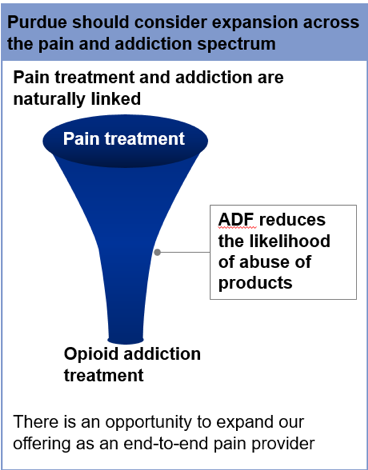
April 1, 2019; New York Times
As NPQ has noted, lawsuits brought by Massachusetts and New York have named eight Sackler family members (in addition to a range of corporations) as defendants. These are, details the Times, “Kathe, Mortimer, Richard, Jonathan and Ilene Sackler Lefcourt—children of either Mortimer or Raymond Sackler—along with Theresa Sackler, the elder Mortimer’s widow; Beverly Sackler, Raymond’s widow; and David Sackler, a grandson of Raymond.” All told, the Sacklers now directly face lawsuits filed by more than 600 cities, counties, and Native American nations. Their company, Purdue Pharma, faces over 1,600 lawsuits.
The Sacklers, the New York Times remind us, are “a far-flung billionaire family that has a network of trusts and companies in the United States and abroad. Their philanthropic gifts have built namesake wings housing the Temple of Dendur at the Metropolitan Museum of Art in New York and oriental antiquities at the Louvre in Paris, as well as a library at the University of Oxford, and a scientific institute at Columbia University.” As of 2016, Forbes estimated their wealth at $13 billion. Last month, three museums—the National Portrait Gallery in London, London’s Tate Modern, and New York’s Guggenheim Museum—refused Sackler donations, and the Sackler Trust has said it will suspend new giving to avoid being a “distraction.”
Writing in the Times, Danny Hakim, Roni Caryn Rabin, and William K. Rashbaum highlight one more aspect of the Sackler story: an effort, launched in 2014 and codenamed Project Tango, that proposed that Purdue and the Sacklers could profit not only off the sale of OxyContin, but by selling drugs intended to help addicts wean themselves from OxyContin.
“The business potential of adding addiction treatment to the mix was illustrated in internal company charts and diagrams,” the Times explains. “Pain treatment and addiction are naturally linked,” noted one Project Tango document in the New York complaint. A funnel shows a fat end labeled “pain treatment” with a narrow end labeled “opioid addiction treatment.”

Sign up for our free newsletters
Subscribe to NPQ's newsletters to have our top stories delivered directly to your inbox.
By signing up, you agree to our privacy policy and terms of use, and to receive messages from NPQ and our partners.
The lawsuit adds:
-
Defendant Kathe Sackler and Purdue’s Project Tango team reviewed findings that the “market” of people addicted to opioids had doubled from 2009 to 2014. Kathe and the staff found that the national catastrophe they caused provided an excellent compound annual growth rate (“CAGR”): “Opioid addiction (other than heroin) has grown by ~20 percent CAGR from 2000 to 2010.”
- […]
-
In February 2015, staff presented Kathe Sackler’s work on Project Tango to Purdue’s board. The plan was for a joint venture controlled by the Sacklers to sell the addiction medication suboxone and would result in the Sacklers’ acquisition of the “market lead [] in the addiction medicine space.”
“Purdue temporarily abandoned plans to pursue Project Tango in 2014,” Hakim and his colleagues write, “but revived the idea two years later, this time pursuing a plan to sell naloxone, an overdose-reversing drug, according to the Massachusetts filing. A few months later, in December 2016, Richard, Jonathan and Mortimer Sackler discussed buying a company that used implantable drug pumps to treat opioid addiction.”
The Sacklers, for their part, deny the allegations. The Times notes that a statement issued by “some of the Sacklers named in the suits” contends that “no board member proposed Tango or authored any documents in support of it.”—Steve Dubb













